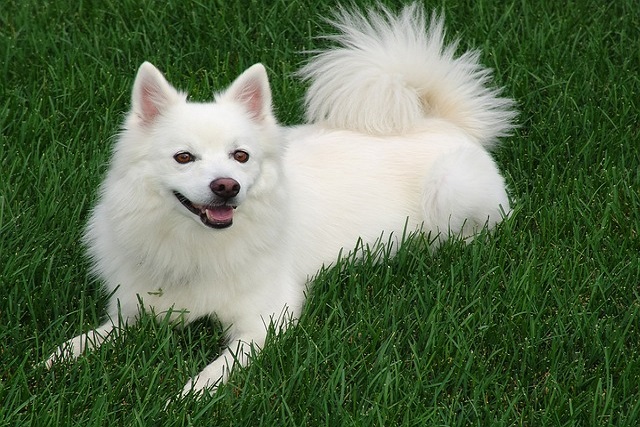
How to train a dog to stop?
Picture this: You’re strolling through Portland’s Laurelhurst Park when your terrier spots a squirrel and bolts toward traffic. Your shout of "Stop!" vanishes into the wind.
As a representative of cute dogs that are popular all over the world, Corgis have won countless favors with their peachy buttocks and short legs, but they always seem to love to "fight wits and courage" with their owners when it comes to toilet training at home. "Is it easy to train Corgis to defecate at a fixed point?" This question lingers in the minds of countless shit scoopers, but in fact, it hides the scientific code of canine behavior and warm emotional connections.
From the perspective of dog breed characteristics, Corgis are descendants of smart and independent working dogs. They were originally bred to herd cattle and sheep. On the grasslands of Wales, Corgis need to independently judge instructions and flexibly avoid being trampled by cattle and sheep. This historical mission has given them keen observation and a strong sense of autonomy. In the training process, this intelligence is both an advantage and a challenge. When Corgis understand the owner's intentions, they can quickly master the skills of defecation at a fixed point; but if the training method is inappropriate, they will also use their cleverness to "take advantage of loopholes", such as defecating in a corner when the owner is not paying attention. Compared to some highly obedient dog breeds, Corgis are more like "little advisers" with ideas, and owners need to communicate patiently with them in an equal manner.
The physiological structure of Corgis also affects the difficulty of training to a certain extent. Although their iconic short legs are cute, they make their intestines relatively low, resulting in slightly weaker control over the urge to defecate than long-legged dog breeds. Corgis need to defecate 4-6 times a day as puppies, and it is difficult to hold it for a long time. In addition, their strong curiosity often causes them to ignore the signals sent by their bodies when playing, and when they realize that they need to defecate, it is too late to run to the designated place. This physiological limitation is not a defect, but reminds the owner to observe the behavior of Corgis more carefully. When you find that Corgis suddenly stop playing, start sniffing the ground, and turn in circles, these are signals that they are about to defecate, and the owner should immediately guide them to a fixed area.
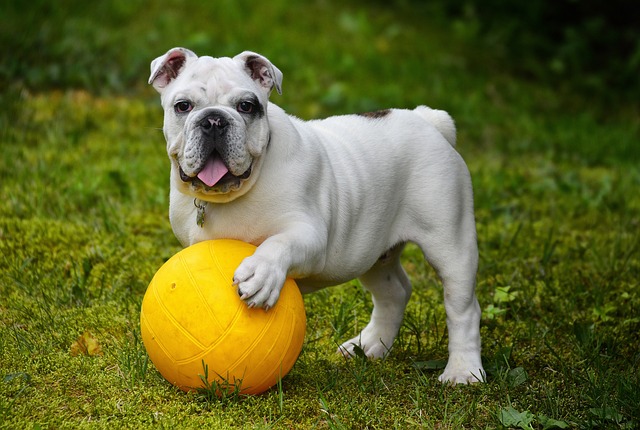 Scientific training methods are the key to overcoming the Corgi's toilet problems. From the first day the puppy arrives home, you should designate a dedicated excretion area for it. You can choose a ventilated and easy-to-clean corner such as a balcony or bathroom, lay a urine mat or newspaper, and spray pet inducer on it. After each meal, after waking up, and after playing, you should guide the Corgi to the area in a gentle tone and wait quietly for it to complete its excretion. Once the Corgi successfully defecates in the designated place, it should be immediately rewarded with warm praise and delicious snacks, so that it can establish a connection between correct behavior and pleasant experience. Avoid beating or punishing Corgis after they make mistakes. This behavior will not only make them fearful, but also may cause them to choose a more hidden place to defecate for fear of being discovered, increasing the difficulty of training.
Scientific training methods are the key to overcoming the Corgi's toilet problems. From the first day the puppy arrives home, you should designate a dedicated excretion area for it. You can choose a ventilated and easy-to-clean corner such as a balcony or bathroom, lay a urine mat or newspaper, and spray pet inducer on it. After each meal, after waking up, and after playing, you should guide the Corgi to the area in a gentle tone and wait quietly for it to complete its excretion. Once the Corgi successfully defecates in the designated place, it should be immediately rewarded with warm praise and delicious snacks, so that it can establish a connection between correct behavior and pleasant experience. Avoid beating or punishing Corgis after they make mistakes. This behavior will not only make them fearful, but also may cause them to choose a more hidden place to defecate for fear of being discovered, increasing the difficulty of training.
During the training process, many owners will fall into the misunderstanding of "rushing for success". The learning pace of Corgis varies from person to person. Some puppies may be able to master the essentials within a week, while others may need to continue training for 1-2 months. This difference does not mean that Corgis are not smart enough, but that each dog has a unique personality and adaptability. Just like educating children, the owner needs to accept the learning progress of the Corgi and accompany them to grow with tolerance and patience. When one day you find that the Corgi takes the initiative to go to a fixed area to defecate, all the fatigue and anxiety in the early stage will turn into a relieved smile.
In addition to training methods, the owner's own behavior pattern also has a profound impact on the learning effect of the Corgi. Maintaining regular feeding time and exercise can help the Corgi form a stable excretion biological clock; taking it out for a walk regularly every day, so that it can develop the habit of defecating outdoors, can not only reduce the probability of defecation at home, but also satisfy its social and exploratory nature. When the Corgi makes a mistake, instead of complaining and blaming, it is better to reflect on whether you have captured its excretion signal in time and whether you have given enough guidance. This process of self-reflection can not only improve the training effect, but also enable the owner and the Corgi to establish a deeper trust relationship.
The process of training the Corgi to defecate at a fixed point is essentially a journey of growth full of warmth. Those nights of repeatedly cleaning the floor and those moments of fighting wits and courage with the Corgi will eventually become precious memories. When we use scientific methods and warm companionship to guide Corgis to learn to use the toilet correctly, what we gain is not only a clean and tidy living environment, but also the development of tacit understanding and sublimation of emotions between us and our dogs.

Picture this: You’re strolling through Portland’s Laurelhurst Park when your terrier spots a squirrel and bolts toward traffic. Your shout of "Stop!" vanishes into the wind.
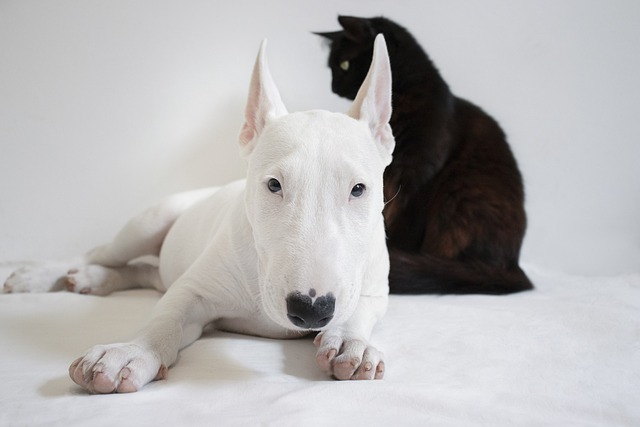
Teaching your dog to play hide and seek isn't just about fun—it's a clever way to boost their mental sharpness and strengthen your bond.Start simple:while your pup is focused on a favorite toy or treat,sneak behind a chair and call their name in an upbeat
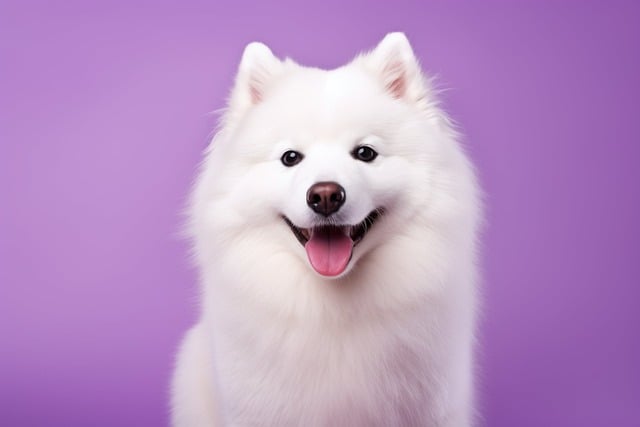
I was hiking with my neighbor’s Australian Shepherd, Cody, in the Colorado foothills last month when my treat bag ran empty.
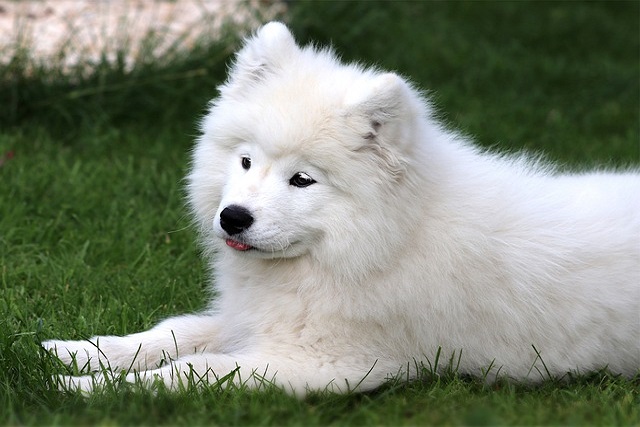
Picture this: You’re at the local park, your Labrador gleefully chasing squirrels, and your cheerful "Come!" echoes into the void. Sound familiar?

Discovering a mess from your puppy indoors can be frustrating, but the way you respond shapes their behavior. Instead of traditional “punishment,” think of it as teaching them where it’s okay to go.
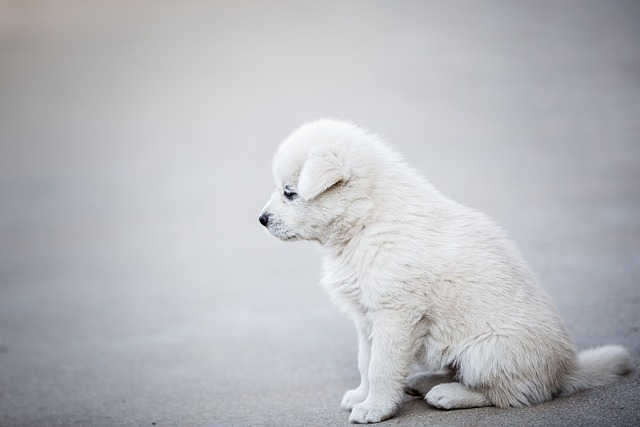
Training a detection dog is a journey filled with dedication, patience, and a deep bond between handler and pup. But let's cut to the chase: just how long does this process really take?